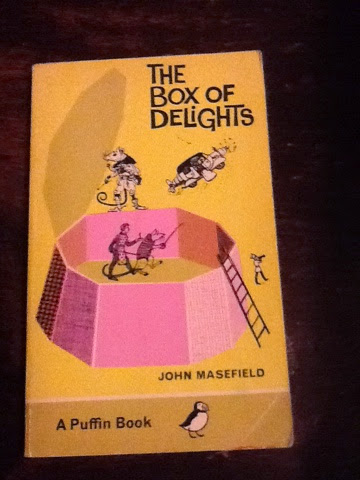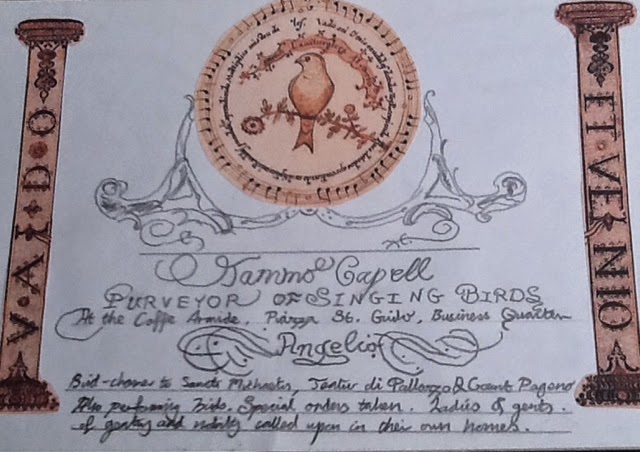One Last Time

Two years ago, when the first Hobbit film came out, I took a retrospective of my relationship with Lord of the Rings , and Legolas in particular. I commented that it was ten years since my first fan poem, "Legolas", which was to spark a whole wave of fan fiction, and lead me back into creative writing as a professional. Now, fresh from viewing the final Hobbit film, I would like to complete that retrospective (although my writing relationship with Middle-earth will never be ended). It has been wonderful to see Mirkwood on screen, to see Legolas and Thranduil together, and to see another person's angle on those classic fan girl questions: "What was Legolas doing during the Battle of the Five Armies?" "Did he really get on badly with Thranduil?" And, "What about Legolas' mother?" I'm sure a lot more of those thoughts will come out on the extended DVDs, but for me, watching the Hobbit films has been like being inside a living fanf
















